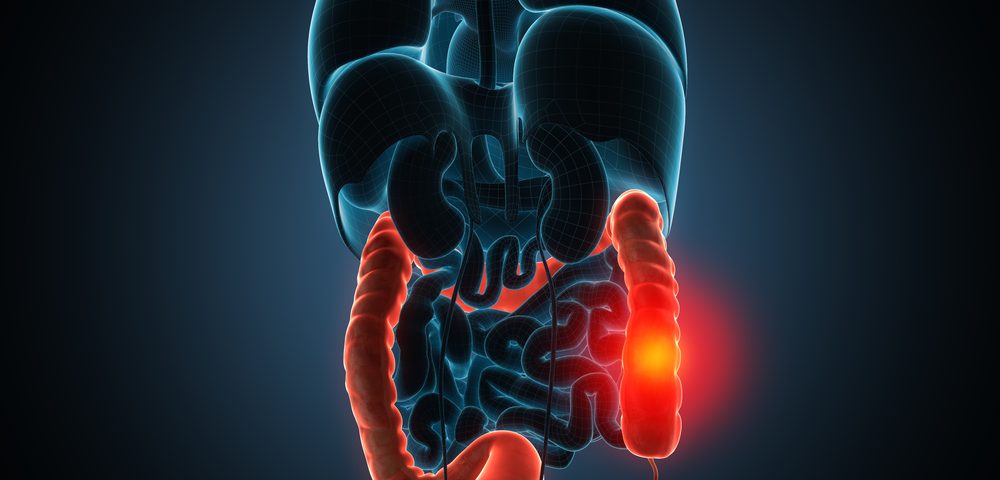Phase 2 clinical trial results showed that patients with moderate to severe active Crohn’s disease can achieve disease remission when treated with risankizumab, a Boehringer Ingelheim investigational biologic product.
The study, “IL-23 Inhibitor Risankizumab Induces Remission in Phase II Study in Patients with Moderate-to-Severe Crohn’s Disease,” was presented during the Digestive Disease Week (DDW) Conference in San Diego, Calif.
In the study, patients with active Crohn’s disease were randomly treated for 12 weeks either with placebo or risankizumab. After 12 weeks, 24% of patients treated with 200 mg of risankizumab, and 37% treated with 600 mg were symptom free and in remission.
Under endoscopic examination to evaluate deep remission, the rates were 15% for doses of 200 mg risankizumab; 20% among those who received 600 mg of the drug.
The study’s principle investigator, Dr. Brian G. Feagan, director of Robarts Clinical Trials at Robarts Research Institute, presented the findings at the DDW conference.
“These results are particularly encouraging because of the difficult-to-treat population within the study. Our patients had endoscopically confirmed moderate or more severe disease activity at study entry and the majority had previously failed treatment with one or more TNF antagonists,” Feagan said in a press release.
In general, risankizumab was well tolerated by the patients and showed fewer adverse effects than the placebo. Risankizumab works by selectively blocking IL-23, a key protein implicated in several chronic immune-mediated diseases.
Theresa Podrebarac, vice president of immunology clinical development at AbbVie pharmacuetical research company which hold the license for risankizumab, said the company is encouraged by the promising results.
“Patients with moderate-to-severe Crohn’s disease who have failed anti-TNF therapy have very limited choices for treatment.. . (We) look forward to continuing development of this compound as a potential new treatment option for patients and physicians,” Podrebarac said.
Dr. Steven Padula, Therapeutic Area Head Medicine Immunology at Boehringer Ingelheim called the positive study results “exciting.”
“Boehringer Ingelheim is committed to improving the care of patients with difficult-to-treat immune diseases, and the promising results of this study of risankizumab in patients with difficult-to-treat moderate-to-severe Crohn’s disease is an encouraging step towards achieving this goal,” Padula said.

